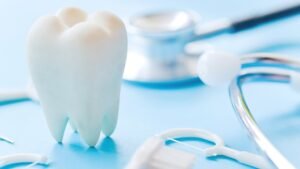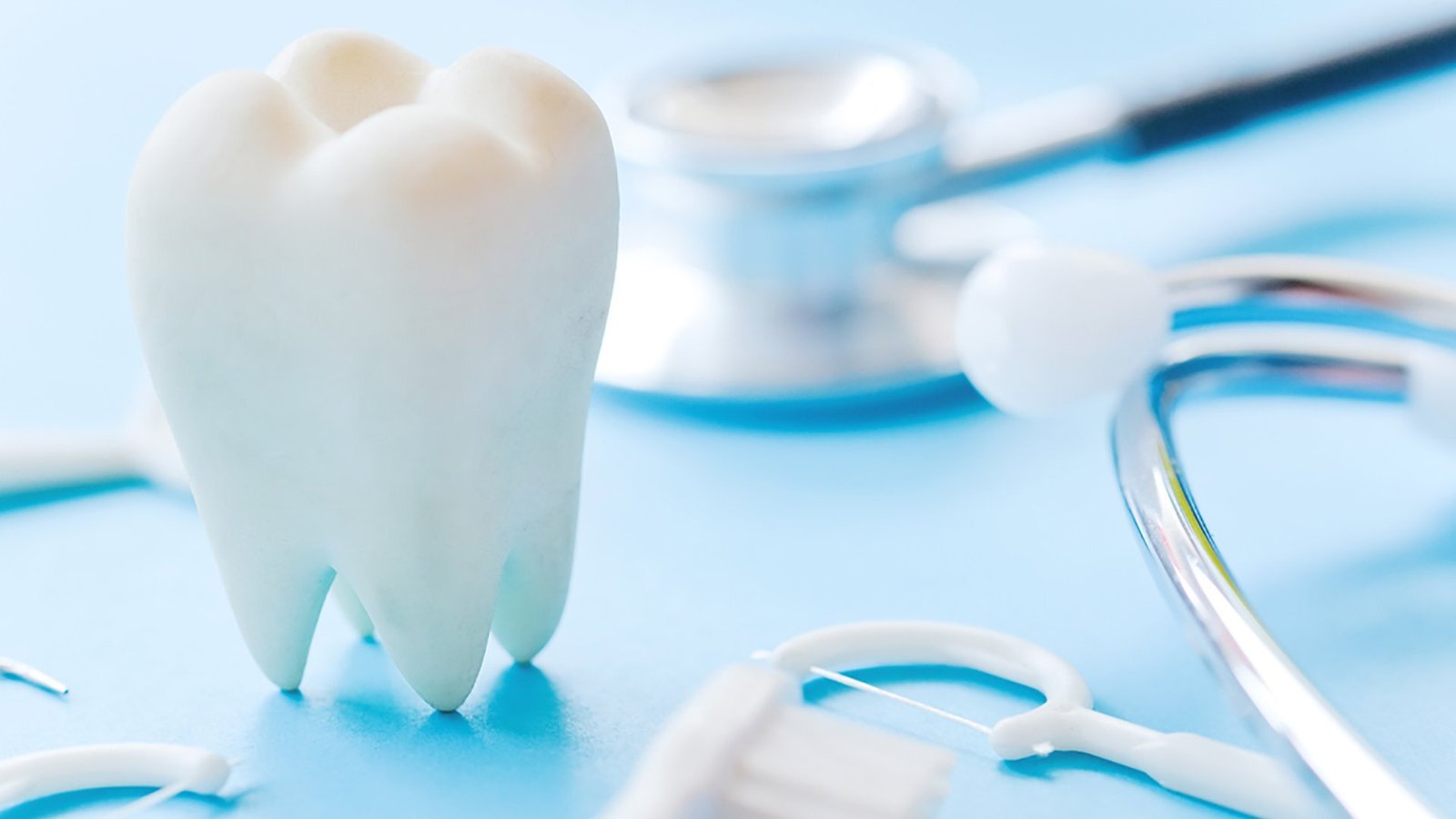Dentistry is evolving with every coming new day. When it comes to the use of dental adhesives, they are quite useful to make dental treatments durable and long-lasting. Here we are with a detailed guide on the use of dental adhesive for broken tooth. You will explore every little detail, its type, how to use it, its applications and benefits, etc, through the article. Keep reading ahead for more info.
What is a Dental Adhesive
Dental Adhesive in dentistry is a liquid used for tooth restoration. This works as dental adhesive glue for bridges, which ensures the long life of a dental procedure on cavities, cracks, fractures, and aesthetic remodeling.
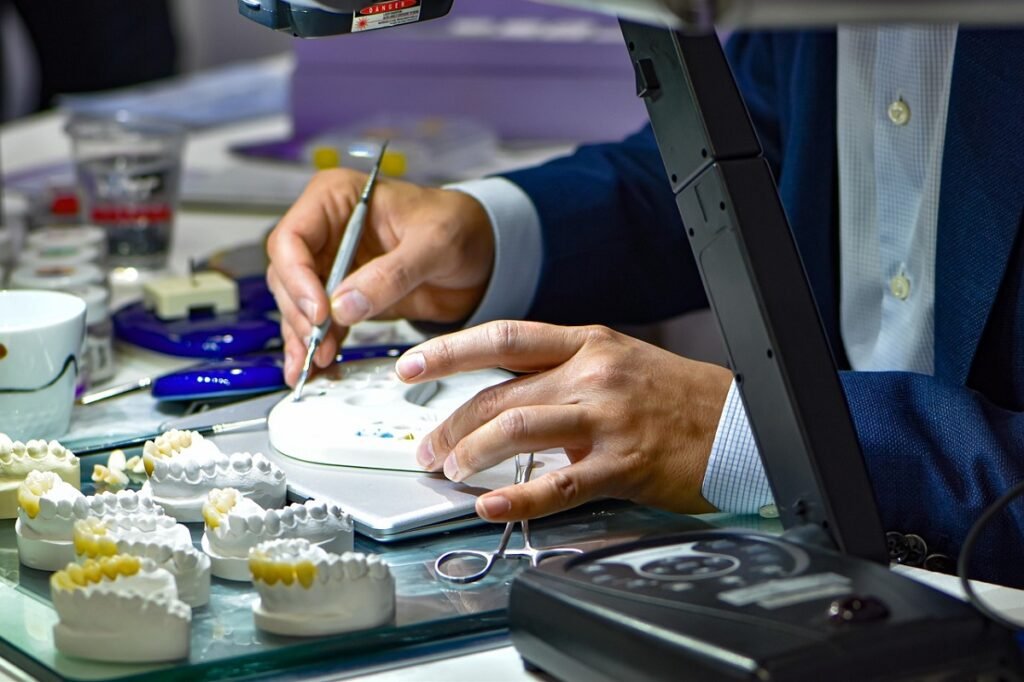
In modern dentistry, dental adhesives play a crucial role as an interface between restorative material and dental structure. As there are numerous dental Adhesive products available in the market, you should know about the right product, its clinical steps of application, and other tips and tricks to get the maximum out of the product.
Purpose
Dental adhesives help in achieving the following goals in dentistry.
- Retention: The main purpose of dental adhesives is to keep restorations and prosthetics firmly in place.
- Prevent Microleakage: they seal the margins between the restoration and the tooth which prevents entry of bacteria and fluid inside.
- Support: They provide commendable support to tooth structures.
- Comfort: In the case of dentures, they provide excellent comfort and give a perfect fit to them.
- Improved Aesthetics: by providing secured bonding they end up providing a natural appearance.
Types of Dental Adhesives
Dental adhesive for broken tooth are usually classified based on their use.
- Adhesive for bonding agents: Their prime use is to bond composite fillings, bridges, veneers, crowns, etc. They are also used in direct and indirect restorations to enamel.
- Adhesives for Orthodontics: their main purpose of use is to bond brackets and other orthodontic appliances to the teeth with firm stability.
- Denture Adhesives: They are used to improve the stability of removable dentures. In the market, they come in different forms, such as creams, powders, pads, etc.
When it comes to adhesive products, Aidite Dental is a reliable option to purchase quality products like dental resins and more. There are no complaints about the product’s quality. Besides quality, their price is pocket-friendly.
Application of Dental Adhesives
In dentistry, adhesives are used in many treatments and dental clinic routines. Some of its main applications are listed below.
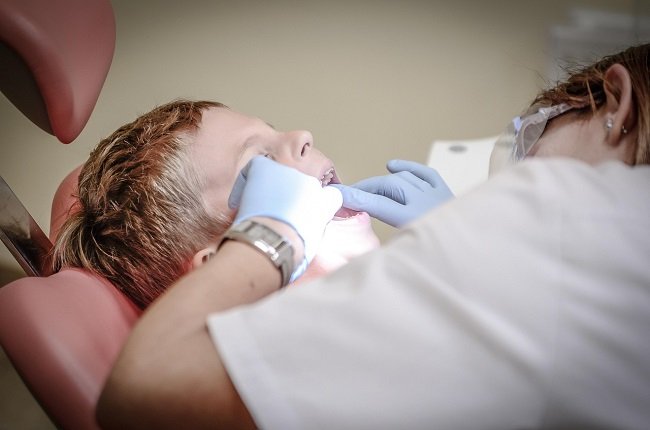
Restoration (Direct & Indirect)
Direct restoration is performed inside the patient’s mouth and indirect restoration is performed in the laboratory and later cemented into the patient’s mouth.
Both the restorations we have discussed require the use of adhesives to ensure intact bonding.
- Direct restorations: In dental fillings, it is essential to bond resin and glass ionomer filling directly on the tooth cavity. To make this composite bonding possible dental Adhesive plays a significant role.
- Indirect Restorations (Bridges, Crowns & Inlays, etc.) These restorations are fabricated outside the mouth and then cemented on the prepared tooth. Dental adhesives are essential to provide a strong aesthetic with firm stability to indirect restorations.
Orthodontic Accessories Bonding
Sometimes it becomes mandatory to attach some accessories to the dental element to improve its strength and aesthetic. The example of such accessories are brackets and orthodontic buttons. Dental adhesives play an important role in binding them to tooth enamel.
- Orthodontic Brackets and Attachments: adhesives create a direct bond between brackets and other attachments to the enamel surface to restrict tooth movement during orthodontic treatment.
- Bonding Retainers: Adhesives here are used to bond fixed retainers to maintain the tooth alignments during the treatment.
Prosthodontics
- Indirect Application: Adhesives are applied on the fitting surface of the removable dentures to improve their stability, retention, and comfort.
- In Dental Implants: Certain prosthetic components require attachment to dental implants that can be bonded strongly using dental adhesives.
Periodontics
- Splint Mobile Teeth: Adhesives can be used to splint mobile teeth together to provide stability and support.
- Treat Hypersensitivity: some adhesives can seal exposed dentinal tubules, hence reducing sensitivity to hot and cold stimulators.
Benefits of Using a Dental Adhesive for Broken Tooth
In dentistry, dental adhesives secure a special place with numerous applications. Here is a list of some of the major benefits.
Protection of Tooth Structure
The dental adhesive for broken tooth is less aggressive than other traditional methods, so they are less destructive.
Improves Aesthetics
The use of dental adhesive for broken tooth provides more natural-looking restorations. This ensures seamless natural tooth structures and results in beautiful natural-looking restorations.
The use of adhesives creates a strong bond between the margins of restoration and the tooth to reduce their visibility hence giving a natural appearance.
Prevention of Secondary Decay
A quality adhesive seals the interface between the restoration and the tooth hence preventing the interference of microleakage of bacteria and other oral debris.
When there is prevention for microleakage there would be an automatic prevention for secondary decay due to plaque formation.
Tips & Tricks to Use Dental Adhesives for Broken Tooth
One must need to know about the tips & tricks to make use of broken tooth adhesives efficiently.
Follow Manufacturer Instructions Strictly
Each adhesive system has specific protocols and instructions for use, follow them strictly so that there won’t be any compromise on the strength of the bond.
Tooth Preparation Accuracy
Before using dental adhesive for broken tooth, make sure the tooth surface is cleaned properly. There must be no debris, plaque, or any other material. Follow the recommended technique for enamel.
Proper Air Drying
After etching and rinsing one must gently air dry the tooth surface, follow the adhesive system instructions, and make sure not to over-dry.
Even Adhesive Application
To make a strong bond, thin and even application of adhesives is mandatory. Avoid excessive thickness, it may lead to weak bond formation and incomplete polarization.
Material Compatibility
The dental Adhesive for broken tooth you are using must be compatible with the material of restoration you are using to prevent any side effects.
Regular Replacement
Don’t forget that adhesives have a shelf life. Make use of fresh material within their expiry dates for maximum performance. Make their storage according to the manufacturer’s instructions.
Tips for Individuals (Using for Dentures)
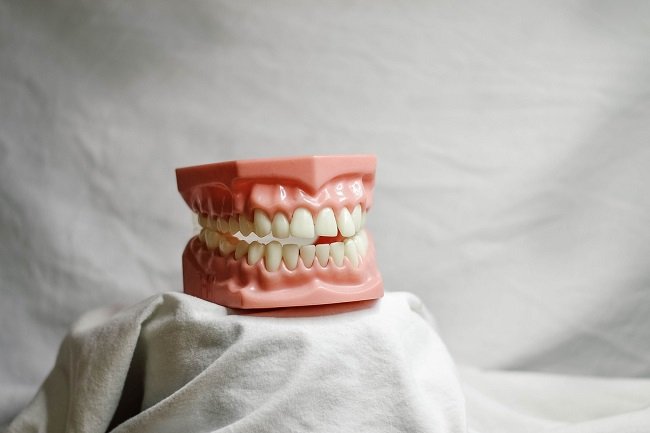
- Start with clean dentures, and make sure to remove all the debris and food particles before applying dental adhesives for dentures.
- Make use of a small amount, placing too much of material can cause oozing and may not improve retention.
- Follow the instructions of the application given by the manufacturer.
- If you have both upper and lower dentures, make sure to apply adhesive to both of them for optimum retention.
- Carefully place the denture in the required position and allow the adhesive to set firmly and properly.
- Don’t eat immediately after using dental adhesive for broken tooth. Wait for some time, it will make adhesives work properly.
- Remove adhesive daily, and clean your dentures properly so that there is no leftover adhesive inside your mouth.
- Make sure to consult your dentist regularly for the perfect use of adhesives.
Are Dental Adhesives Safe to Use?
Although they are safe to use, overuse is always denied. At-home adhesives can be used for temporary relief. When you use adhesives individually, always follow the instructions.
Be careful about choosing the product and never compromise on quality. To avoid the side effects of these products, you must seek professional help. Avoid products having zinc, excessive use of zinc may damage your nervous system.
When you purchase any dental adhesive product, make sure to verify it with an experienced professional. Consider your health conditions like, if you have diabetes or heart disease, make sure the chemicals used in the adhesive product don’t interfere with your other medications.
Conclusion
In dentistry, adhesives have become a prominent tool to improve oral health and besides this, they help to improve aesthetics incredibly.
As there are numerous dental Adhesive products available in the market, one must go with reliable ones such as Aidite Dental. To secure optimum benefits, one must know the right way of using them if they are using them individually; otherwise, make sure to seek professional help.
FAQ’s
What are dental adhesives?
Dental Adhesives are materials that are used to improve retention, stability, comfort, and overall oral health of teeth.
How do Dental Adhesives work?
They form a strong bond between broken teeth and dental restoration.
What are the different types of adhesives available?
There are many types and forms of dental adhesives available, some of them are:
- Creams
- Powders
- Liquids and gels
- Strips and more.
How often should I apply denture Adhesives?
Most often, adhesives are needed to apply only once and twice a day.
Are adhesives safe to use?
Yes! Adhesives are safe to use, but excessive swallowing of large amounts can cause problems. So, mindful use is recommended.


